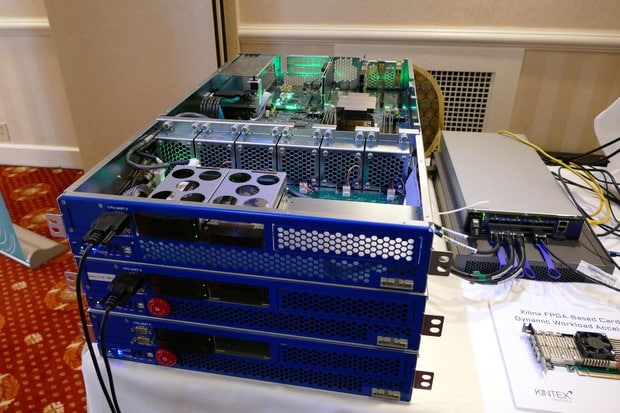Introducing Data Recovery
Backup data may get irrecoverable for many reasons, including incorrect backup practices. As long as the data hasn’t been overwritten, this computer software will be able to help you to recoup the data in a jiffy. You generally observe that once you lose data, it’s been lost forever.
You are likely able to see now that in the event that you are interested in being sure of retrieving your computer data, you must make sure that you visit the right individuals. Nobody really wants to consider losing a large amount of computer data but it pays a fantastic deal to be prepared to act in the event that recovery of files arises.
For those who have data that’s constantly changing while you employ the computer, then it is possible to use the tools that make it possible for you to backup the files that are constantly being used.
A backup should be functional. The backup also has to be tested regularly to make sure that it is functional and potent. So it’s the easiest means to make backup of your critical data that are stored on the hard disk





